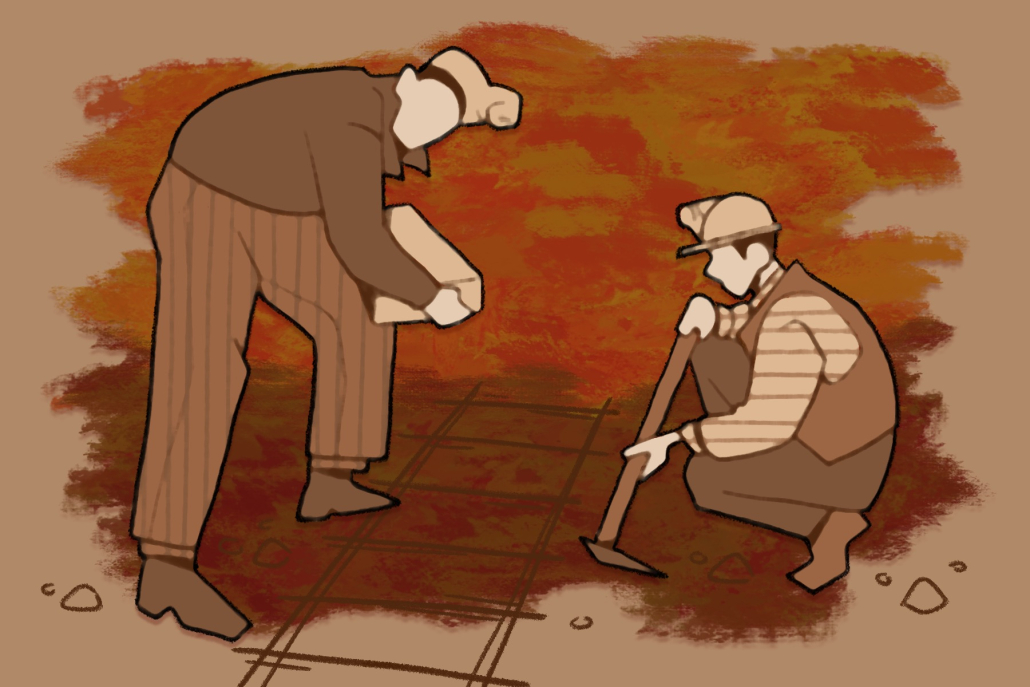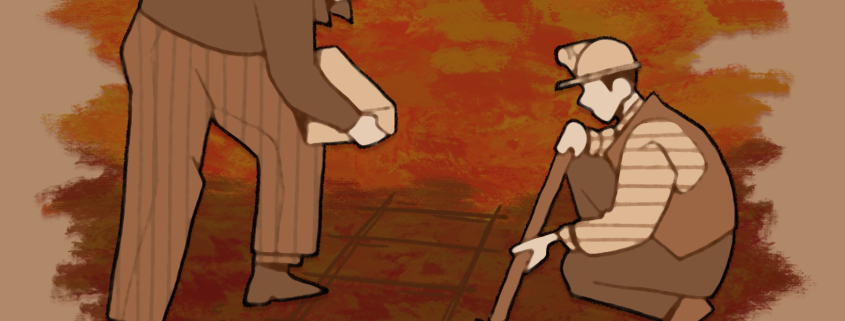I Reckon: Mine worker strikes deserve unconditional solidarity

In the South, we have a word to describe folks who prevail despite all odds: gumption. It is high praise and a respectful nod to the person it is being addressed to. Gumption is more than just prevailing, it is about prevailing with spirit. As such, gumption is a quality that the United Mine Workers of America striking against Warrior Met Coal possess in abundance. February marks the 10th month that Alabama-based miners have been on strike. In the new year, they continue to carry on a struggle that is inspiring, yet bleak at times.
When I say bleak, I’m using it to refer to how little traction the strike has seemingly gained among media outlets, as well as liberal and progressive communities who seem more inclined to support a broader range of unions.
Coal mining is a sensitive topic depending on which way you cut it. For those employed in the mines, coal mining is a job and a lifeline that pays. For those that consider themselves more environmentally inclined, coal mining might seem like pure, environmental evil in the form of a dark lump. Someone with the latter mindset might not know what to do when they’re faced with the prospect of having to support all labor strikes, including those in more environmentally harmful industries such as coal.
The answer, as you’ll come to find, is actually quite simple. Support all labor strikes, especially those in industries that have had a negative impact on the environment. This isn’t a statement that should make labor-respecting environmentalists gasp with shock. Quite frankly, this is just common sense.
Labor movements are the greatest tool the working class has to move and shake up industries and institutions of power. In 2021 alone, the United States saw workers quit at record rates. Meanwhile, labor strikes culminated in October and November. All this was in response to economic issues caused by the coronavirus pandemic, which did the job of exposing just how unfairly American workers have been treated. Workers are fed up with being fed up. Workers have made it clear that going “back to normal” is not an option when the “normal” state was a period of time in which workers were paid unfairly, treated poorly or disrespected by their employers.
Coal mining strikes occupy a forgotten lobe in the American mind. The Battle of Blair Mountain, a coal strike that took place in West Virginia in 1921, remains the largest labor uprising in U.S. history. Today, it is nearly forgotten history. Like Blair Mountain, coal is also slipping away.
However, we shouldn’t let the coal industry’s decline threaten the well-being of those who have relied on it to make a living. They deserve a “just transition,” as Jeff Turrentine puts it in his article with the Natural Resources Defense Council. A just transition means phasing out coal jobs and phasing in clean energy jobs or jobs within other sectors. It is an investment that the United Mine Workers of America, like those striking against Warrior Met Coal, understands is needed. That is why they support President Joe Biden’s Build Back Better bill, which essentially phases out coal completely by making a $555 billion investment in clean energy over the next decade.
A person’s support of fair labor practices seems to hinge on some kind of moralistic, black-and-white view of the world without a care in the world for things such as nuance and gradual transitions. Whether or not a person decides to support a labor strike in an environmentally gray industry shouldn’t be left to a simple series of yes-or-no questions where sensitivity to the environment is the end-all be-all factor.
This much is clear: Coal miners and their unions want a “just transition.” However, transitions can take years, if not decades. What Alabama coal miners need is for us to stand in solidarity during a time of great uncertainty. They need us to stand up against an industry that has taken advantage of them and their labor for decades. The path towards a “just transition” starts with unconditional solidarity.
Quynh Anh Nguyen is a sophomore writing about the implications of current Southern political events in her column “I Reckon.”

